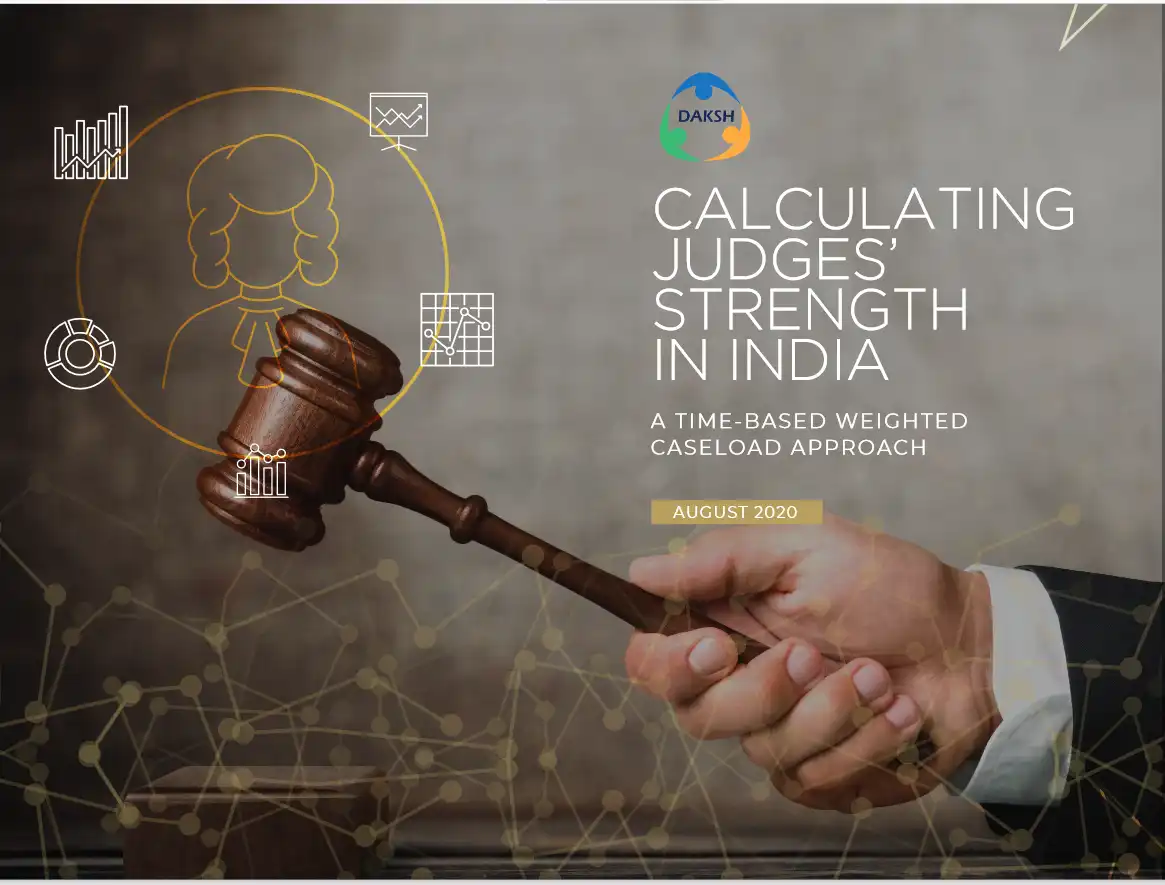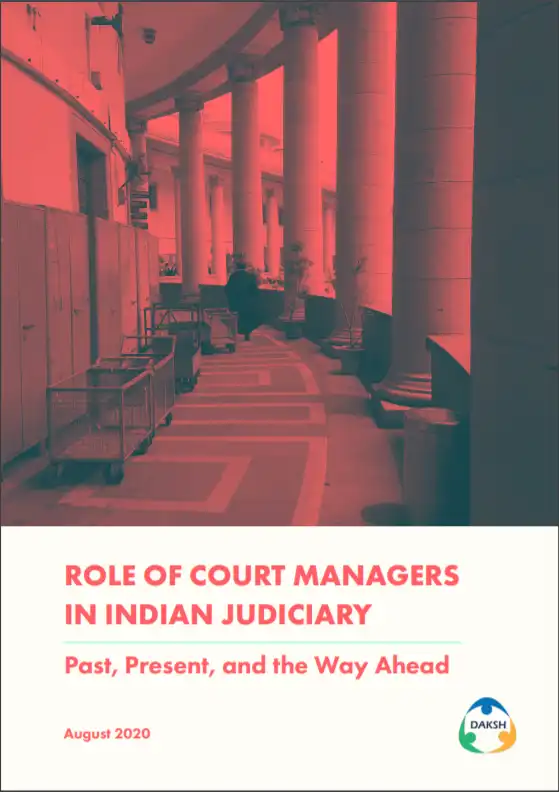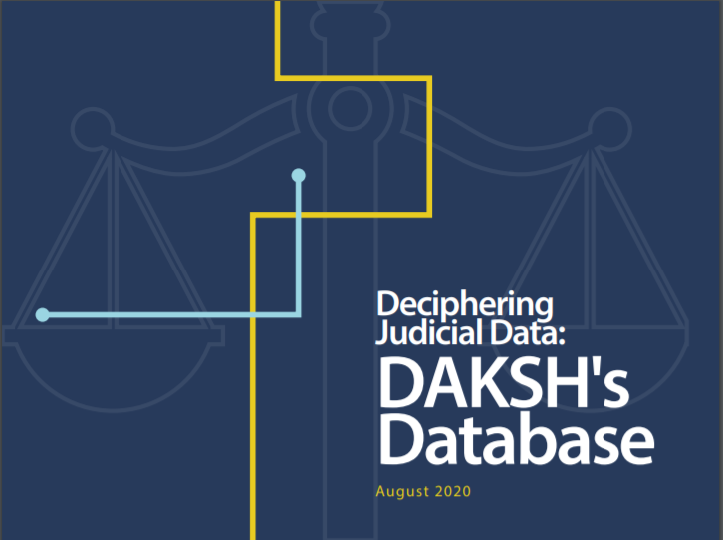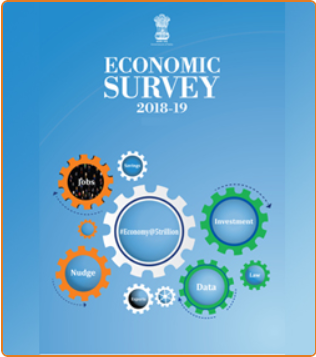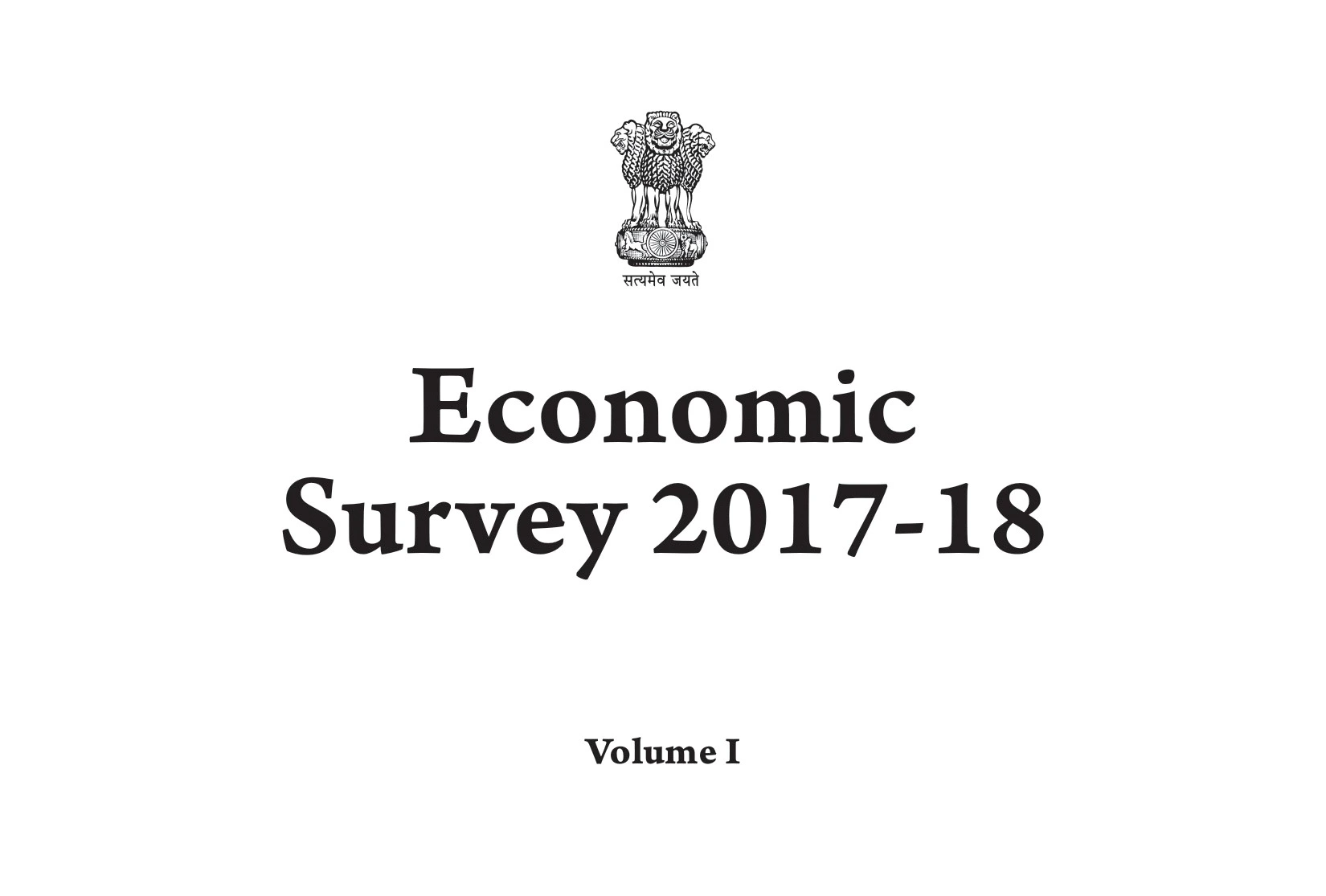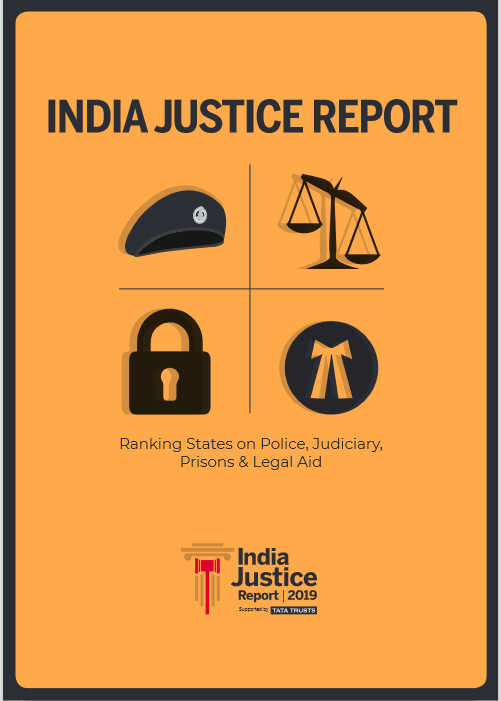The COVID 19 global pandemic has forced the Indian judiciary to adopt digital processes at an unprecedented speed and scale. With a countrywide lockdown being imposed on 25 March 2020...

OUR WORK
Adequate judge strength is essential for an effective judiciary. With cases constantly being filed in all tiers of the judiciary, it is important that the requisite judicial strength be available...
To ensure that judges channel their complete attention on adjudicating disputes, the post of Court Manager was created in 2010 to assist judges with the administrative tasks...
The growth of the e-courts system has led to an exponential increase in the availability of court-related statistics. There are millions of records for case and hearing related information that are on the e-courts...
The Supreme Court, in the case of Swapnil Tripathi had, among other things, recommended the practice of allowing transcribing facilities to provide access to information for litigants who could not attend court...
What happens when justice is delayed? It is denied, certainly. That answer, while a truism, is also incomplete, for it does not describe the depth, intensity, and complexity of the impact of delay in Indian courts...
The social, political and economic consequences of the Land Acquisition Act, 1894 have been widely studied, but there has been comparatively less focus on the judicial burden imposed by this legislation...
For a judge in a subordinate court in India, each day is a long one, with up to 100 cases listed for issues, evidence and arguments. For litigants, each listing of their case is a hopeful moment.
Our enduring search for justice through means and methods that embody empathy, certainty, and transparency, so we can build institutions that offer us agency and dignity as individuals, and empower...
DAKSH contributed to the chapter ‘Ending Matsyanyaya: How To Ramp Up Capacity In The Lower Judiciary’ in the Economic Survey 2018-2019 published by the Ministry of Finance...
DAKSH contributed to the chapter, ‘Ease of Doing Business’s Next Frontier: Timely Justice’ in the Economic Survey 2017-18 published by the Ministry of Finance, Government of India.
DAKSH contributed to the conceptualization and development of the India Justice Report 2019 — a first-of-its-kind initiative that ranks individual Indian states in relation to their capacity to deliver access to justice...
PUBLICATIONS

-
Rule of Law ProjectRule of Law Project
-
Access to Justice SurveyAccess to Justice Survey
-
BlogBlog
-
Contact UsContact Us
-
Statistics and ReportsStatistics and Reports
© 2021 DAKSH India. All rights reserved
Powered by Oy Media Solutions
Designed by GGWP Design

